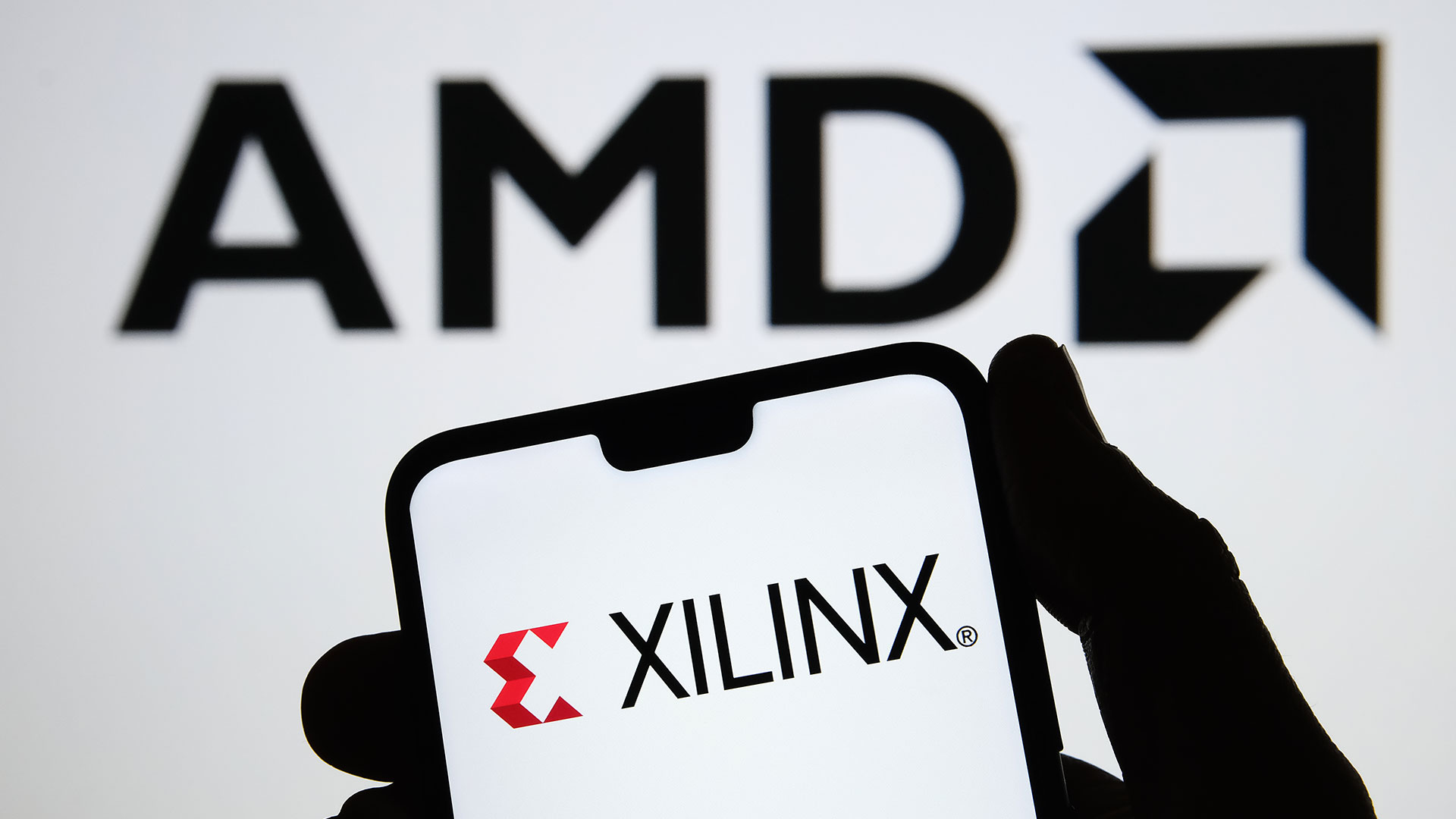
AMD has issued a product discontinuation notice for many programmable logic devices the company currently offers, including all CoolRunner and CoolRunner II CPLDs, as well as Spartan II and Spartan 3 FPGAs. The notice explicitly states that "no direct replacement" has been made for any of the axed CPLDs or FPGAs. Should AMD choose to not make any replacements in the future, it would mark the end of the company's CPLD products.
AMD will be discontinuing XC9500XL, CoolRunner XPLA 3, CoolRunner II, Spartan II, and Spartan 3, 3A, 3AN, 3E, 3ADSP Commercial/ Industrial “XC” and Automotive “XA” Product Families due to declining run-rate and supplier sustainability reasons.
AMD Product Discontinuation Notice XCN23
While AMD had made CPLDs in its early history, its current line-up is formed by Xilinx, which was acquired by the red team in 2022. Xilinx's primary offering was its FPGAs, but the company also made CoolRunner-branded CPLDs. When it first bought Xilinx, AMD seemingly embraced CPLDs. Its product page for CPLDs reads "as the market leader in programmable logic solutions, AMD provides a total solution to a designer's CPLD needs." The company even rewrote some history, with the same page stating CoolRunner II CPLDs were "created by AMD."
However, it seems that AMD isn't such a big fan of CPLDs after all, and has discontinued all CoolRunner products. Although its motivations for the discontinuation aren't clear, CoolRunner chips are very old at this point, and the first CoolRunner II chips came out in 2002. They're just about obsolete at this point, as are old Spartan II and 3 FPGAs, which arrived in 2000 and 2003 respectively. It would seem that this product discontinuation isn't so much about CPLDs as it is about clearing out old products that likely don't generate much revenue.
A CPLD, or complex programmable logic device, is a processor that's largely similar to an FPGA, or field programmable field array. These devices have programmable hardware that can excel in specific workloads, though they lack flexibility once programmed.
It seems unlikely AMD will revive CPLDs, given that Xilinx hadn't developed a new one in the two decades between CoolRunner II and its acquisition by AMD. For AMD's part, integrating CPLDs into its product portfolio may seem redundant when it already has Xilinx's prized FPGAs.







